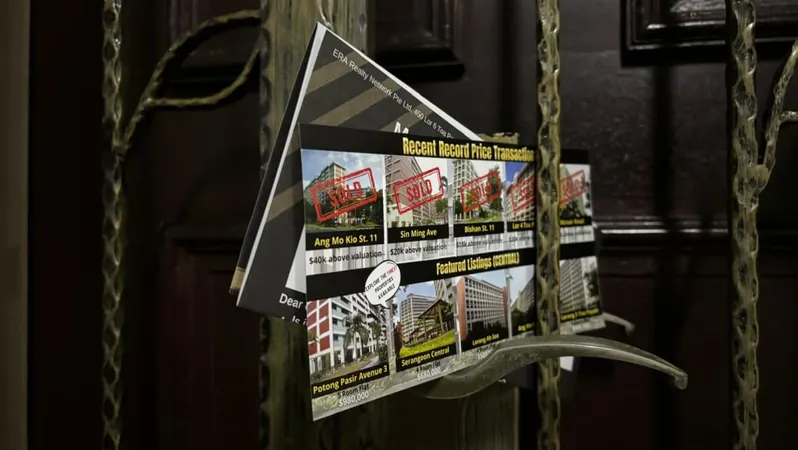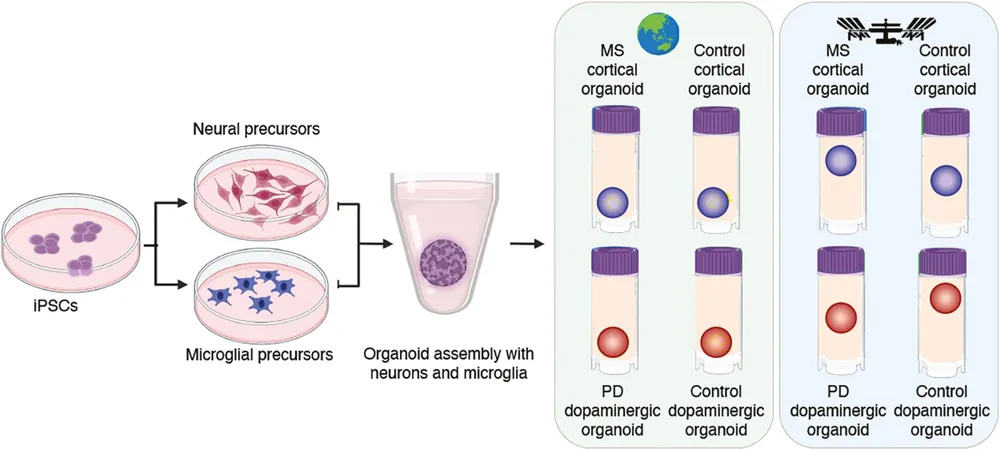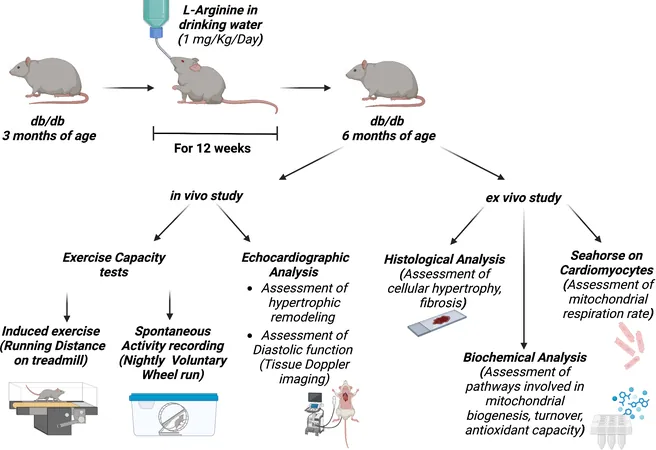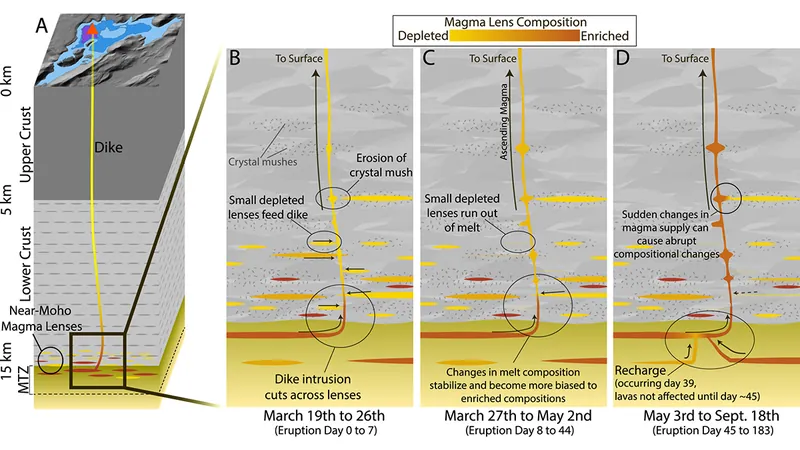
Singapore's Property Agent Regulation Faces Revamp: Will a Minimum Transaction Requirement Be Implemented?
2024-12-12
Author: Wei
Introduction
Major changes are on the horizon for property agents in Singapore as the Council for Estate Agencies (CEA) considers introducing a minimum transaction requirement for agents to maintain their registration. This move comes amid growing concerns about the effectiveness and relevance of agents who do not regularly facilitate property transactions.
Current Regulations
Currently, property agents in Singapore must pass a licensing exam and register with a licensed agency to conduct real estate work. Each year, they are required to complete at least six hours of continuing education as part of their registration renewal process. However, there is no stipulation that agents must close a minimum number of transactions, leaving a significant number inactive in the marketplace.
Reasons for Change
CEA's renewed focus stems from engagements with industry stakeholders, highlighting potential risks linked to inactive agents. A spokesperson indicated that such agents may lack current knowledge of evolving market trends and regulatory changes, which could adversely affect the advice and services they offer to clients.
Rising Numbers of Agents
With the number of registered property agents rising—over 35,000 as of January 1, 2024—there is a pressing need to ensure agents are actively engaged in their profession. Recent data revealed that about 40% of agents went a full year without completing a single residential property transaction. This situation raises questions about the adequacy of current regulatory frameworks that allow agents to remain registered despite a lack of activity.
Industry Reactions
Reactions within the industry are mixed regarding the proposed requirement. While some agencies, like OrangeTee, consider agents who do not complete transactions within a year as inactive (with one-third of their agents falling into this category), others like Huttons Asia’s CEO estimate the figure to be between 30% to 50% across the sector.
Factors Affecting Activity
Many industry players acknowledge that various factors contribute to a decrease in transaction activity. Some agents may hold full-time jobs outside real estate or choose to prioritize roles that involve training and mentorship of newer agents rather than direct sales. Yet, they all agree that ongoing activity is vital to maintaining proficiency and relevance in an ever-changing market.
Implementation of Changes
The CEA is in discussions on how to effectively implement a minimum transaction requirement, engaging with various industry stakeholders for their insights. 'While such a policy could signify a commitment to professionalism, careful implementation is essential,' said Justin Quek, CEO of OrangeTee, who acknowledged the cyclical nature of real estate transactions.
Existing Standards and Future Plans
Moreover, existing regulations already impose rigorous standards on new agents, including a challenging licensing exam. The CEA is also set to increase training requirements from six hours to 16 hours as a measure to professionalize the sector further beginning October next year, effectively helping to filter out those less dedicated to the industry.
Conclusion
In conclusion, the deliberation on a minimum transaction requirement reflects the CEA's commitment to ensuring that property agents remain knowledgeable and competent as they navigate Singapore’s dynamic real estate landscape. This regulatory shift could potentially reshape the contours of the industry, prompting agents to deliver improved service levels while adapting to market realities. Stay tuned for more updates on this evolving story!







 Brasil (PT)
Brasil (PT)
 Canada (EN)
Canada (EN)
 Chile (ES)
Chile (ES)
 España (ES)
España (ES)
 France (FR)
France (FR)
 Hong Kong (EN)
Hong Kong (EN)
 Italia (IT)
Italia (IT)
 日本 (JA)
日本 (JA)
 Magyarország (HU)
Magyarország (HU)
 Norge (NO)
Norge (NO)
 Polska (PL)
Polska (PL)
 Schweiz (DE)
Schweiz (DE)
 Singapore (EN)
Singapore (EN)
 Sverige (SV)
Sverige (SV)
 Suomi (FI)
Suomi (FI)
 Türkiye (TR)
Türkiye (TR)